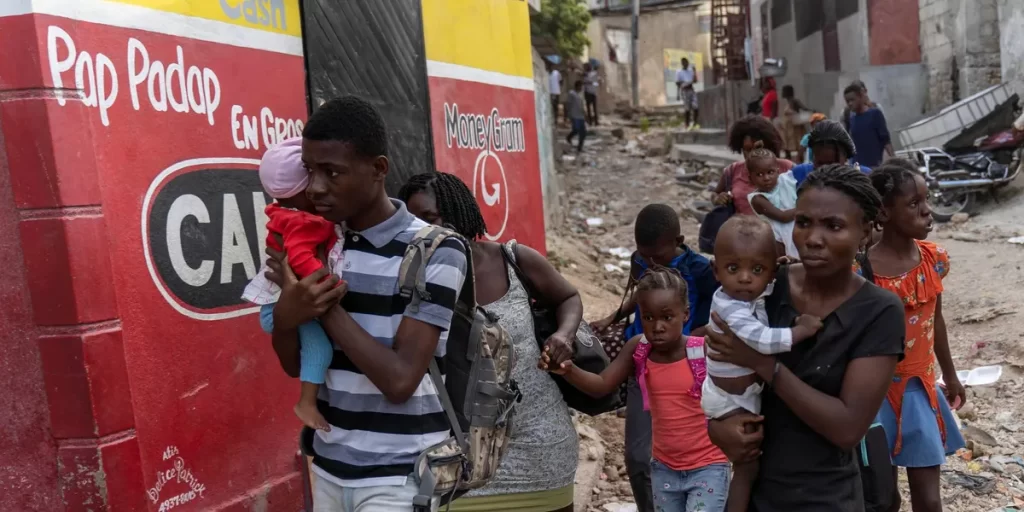The Biden administration has announced a significant expansion of the Temporary Protected Status (TPS) program for Haitians in the United States, offering deportation relief and work permits to an estimated 309,000 additional individuals. This decision, revealed by the U.S. Department of Homeland Security, extends protection through February 2026 due to ongoing violence and security issues in Haiti.

This expansion builds upon the existing TPS coverage for approximately 264,000 Haitians, bringing the total number of beneficiaries to over 573,000. The move comes in response to the dire situation in Haiti, where gang violence has displaced over half a million people and nearly five million face severe food insecurity.
The decision reflects the complex political landscape surrounding immigration policy in the United States. President Biden, seeking re-election in November, has attempted to balance stricter border security measures with a more humanitarian approach to immigrants already in the country. This policy shift occurs against the backdrop of criticism from Republican challenger Donald Trump, who has accused Biden of failing to control illegal immigration.

Under the new guidelines, TPS will be available to Haitians who were in the U.S. on or before June 3. The program offers protection to individuals whose home countries face extraordinary circumstances such as armed conflict or natural disasters, typically lasting six to 18 months with frequent renewals.
This expansion marks a significant departure from the policies of the Trump administration, which had attempted to end most TPS enrollments but was blocked by federal courts. The Biden administration’s approach aligns more closely with efforts to provide legal pathways for migrants, as evidenced by the recent decline in illegal border crossings by Haitians.
As the 2024 presidential election approaches, immigration policy remains a hotly debated issue. The extension of TPS for Haitians underscores the ongoing challenges in balancing humanitarian concerns with border security, and is likely to fuel further discussions on the role of immigration in American society and politics.



